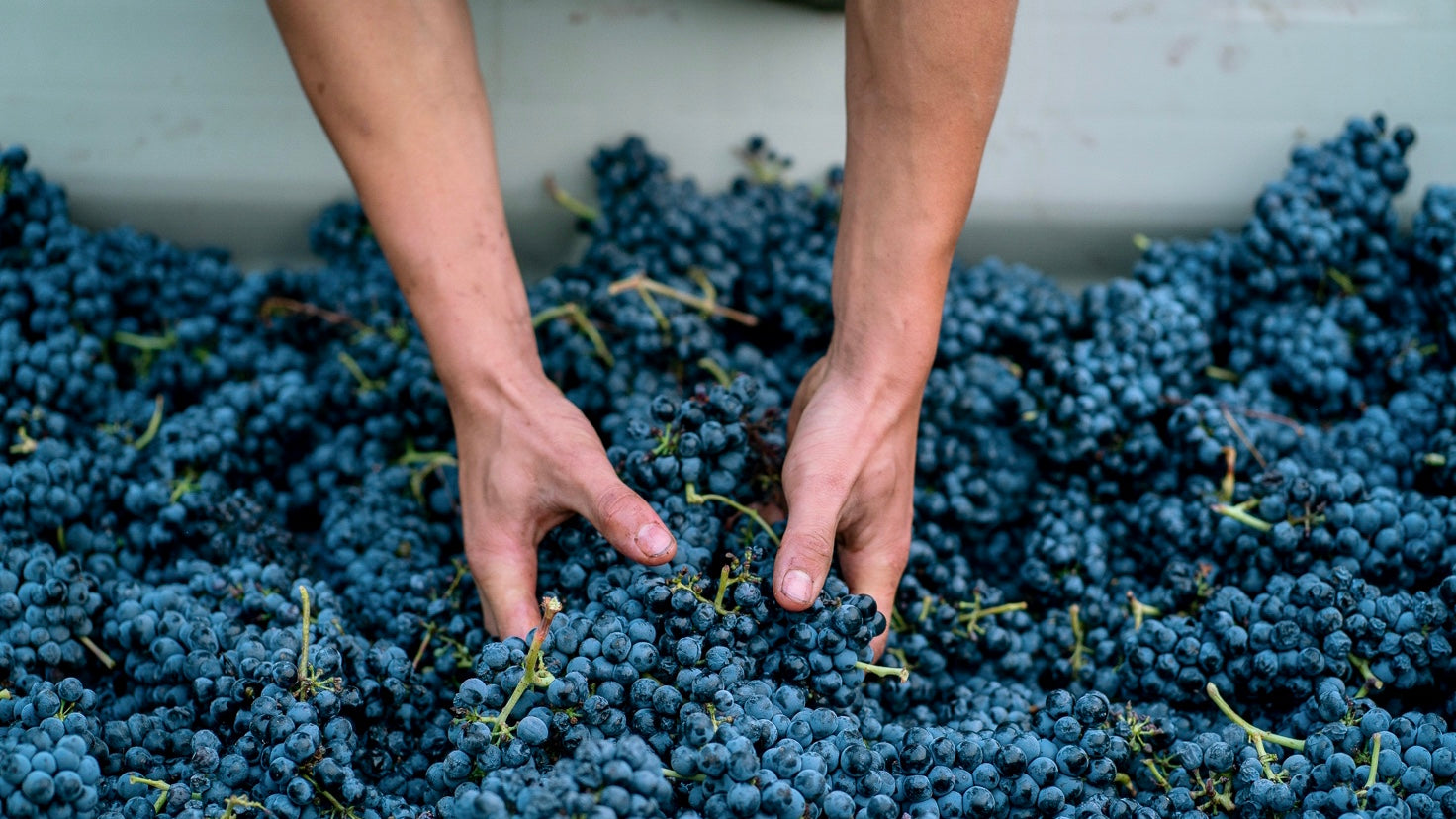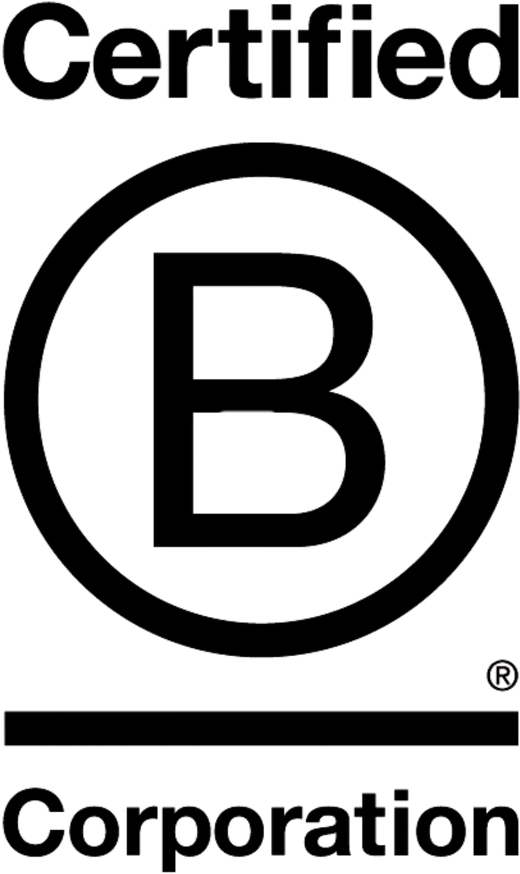

Can I Start My Own Compost at Home?
At Boochcraft, we are compassionate, and we care about the impact we have on the world and the people around us. We don’t cut corners, and we certainly don’t take the easy road. One way we continue to aspire to “Do Better” is through our composting program. After juicing nearly every drop from our fruit, the discarded scraps are then composted, where they’re given a new life, moving on to local farms where it is used in place of chemical fertilizers. Our composting directly reduces the impact on local landfills, reducing methane emissions and lowering our carbon footprint. Boochcraft’s Annual Compost Report:

2017: 80,183 lbs. 2018: 171,087 lbs. 2019: 560,558 lbs. 2020: 854,406 lbs. 2021: 1,110,985 lbs. And we’re NOT slowing down! See the whole 2021 Impact Report here.
Can You Make Compost at Home?
Absolutely! Food scraps and yard waste make up over 30% of what is thrown away. Most of these materials can easily be turned into compost at home and when added to soil, help your plants grow strong and healthy. Say hello to that beautiful garden oasis you’ve always dreamed of with a little help from composting! So, without further ado, here are some tips and tricks to start your own compost at home.Composting Basics
Composting requires three basic ingredients:- Browns: Materials such as dead leaves, branches, and twigs.
- Greens: Materials such as grass clippings, vegetable waste, fruit scraps, and coffee grounds.
- Water: Provides moisture to help break down organic matter.
How to Compost at Home
Backyard Composting
- Select a dry, shady spot near a water source for your compost pile or bin.
- Add brown and green materials as they are collected, making sure larger pieces are chopped or shredded.
- Moisten dry materials as they are added.
- Once your compost pile is established, mix grass clippings and green waste into the pile and bury fruit and vegetable waste under 10 inches of compost material.
- Optional: Cover top of compost with a tarp to keep it moist. When the material at the bottom is dark and rich in color, your compost is ready to use. This usually takes anywhere between two months to two years.
Indoor Composting
No backyard? No problem! You can compost materials indoors using a special type of bin available at a local hardware store or gardening supplies store. Tend to your pile and keep track of what you throw in it. A properly managed compost bin will not attract pests or rodents and will not smell bad. Your compost should be ready in two to five weeks.What CAN You Compost?

- Fruits and vegetables
- Crushed eggshells
- Coffee grounds and filters
- Tea bags
- Nut shells
- Shredded newspaper
- Shredded cardboard
- Shredded paper
- Yard trimmings
- Grass clippings
- Houseplants
- Hay and straw
- Leaves
- Sawdust
- Wood chips
- Hair and fur
- Fireplace ashes
What you CAN’T Compost and Why?
- Black walnut tree leaves or twigs - Releases substances that might be harmful to plants.
- Coal or charcoal ash - Might contain substances harmful to plants.
- Dairy products (e.g., butter, milk, sour cream, yogurt) and eggs* - Create odor problems and attract pests such as rodents and flies.
- Diseased or insect-ridden plants - Diseases or insects might survive and be transferred back to other plants.
- Fats, grease, lard, or oils* - Create odor problems and attract pests such as rodents and flies.
- Meat or fish bones and scraps* - Create odor problems and attract pests such as rodents and flies.
- Pet wastes (e.g., dog or cat feces, soiled cat litter)* - Might contain parasites, bacteria, germs, pathogens, and viruses harmful to humans.
- Yard trimmings treated with chemical pesticides - Might kill beneficial composting organisms.


